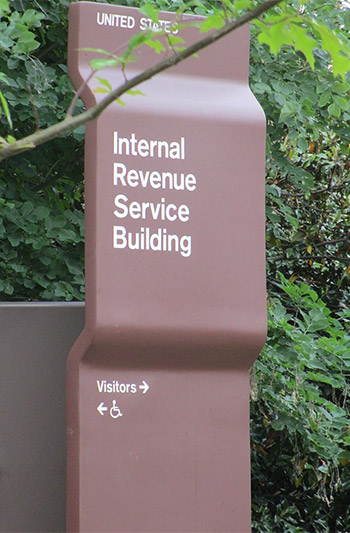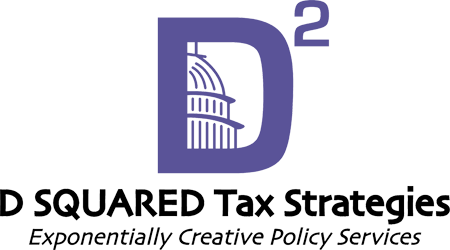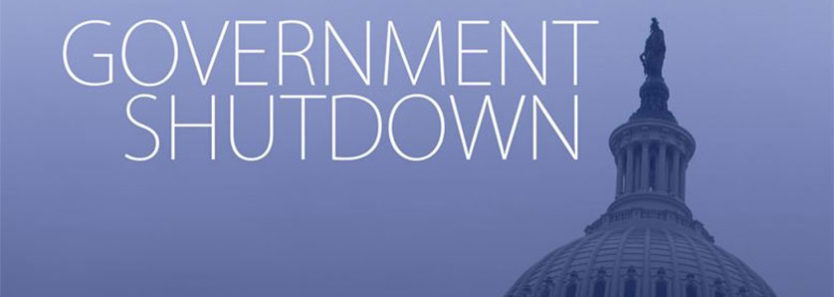With an overburdened, understaffed IRS, even under the best of circumstances, the 2017 tax season is going to be hard to handle.
A shutdown of the government (now averted for at least the next few weeks) would have doubled the difficulty of filing on both you and your friendly IRS employee.
There are already a lot of confused taxpayers out there.
Over at the Internal Revenue Service and Treasury, work has been under way on drafting the VERY NECESSARY implementing guidance for the 2017 tax code overhaul. And Congress is weighing in on intent.
Had the Government shutdown continued it would’ve pushed the country backwards on both filing tax returns and getting refunds; perhaps resulting in a decline of the economic effects of the new “tax law enthusiasm” that Congress hoped would continue.
The IRS and Treasury are government agencies.
A shutdown means that non-essential employees are furloughed.
 Although at this point in time, the tax community should consider every IRS employee essential. There is more work to do than is humanly possible over at the IRS.
Although at this point in time, the tax community should consider every IRS employee essential. There is more work to do than is humanly possible over at the IRS.
The cash-poor IRS hasn’t figured out exactly how much money it will need to implement the new tax law, but a preliminary assessment last year put the additional cost at roughly $500 million over fiscal 2018 and fiscal 2019, which begins October 1st.
The IRS has filed a contingency plan that takes effect during the tax filing season, which sees the agency keeping 43.5 percent of its employees working during a government shutdown.
That is less than 50% of its workers.
But it looks like we all (we all pay taxes, right?) got lucky with an end to the government shutdown. Although another one looms in the coming weeks.
In what world would anyone consider themselves lucky to get to pay their taxes?
Umm. THIS ONE.
For more tax policy insights and analysis, subscribe to the Tax Policy Update.

